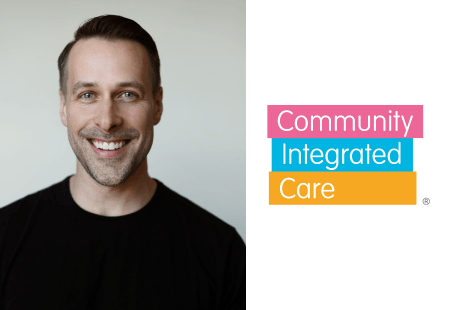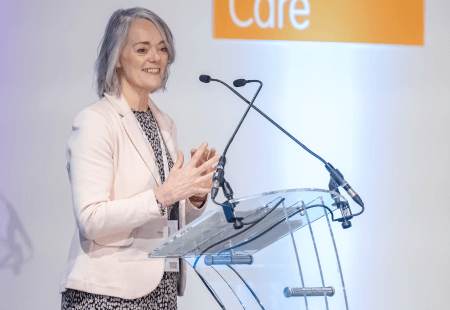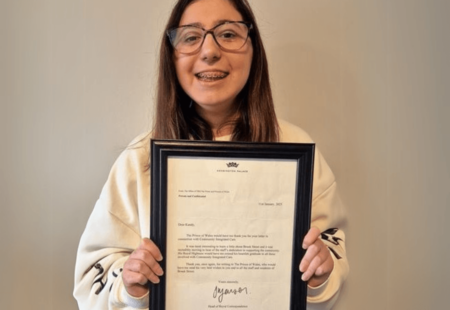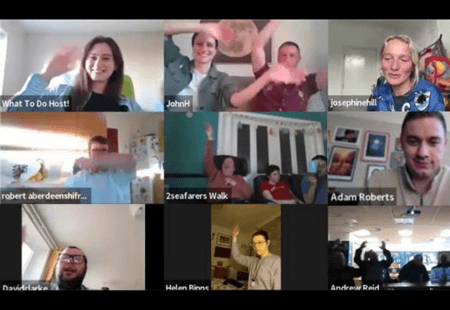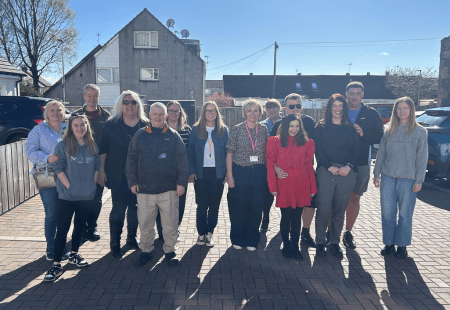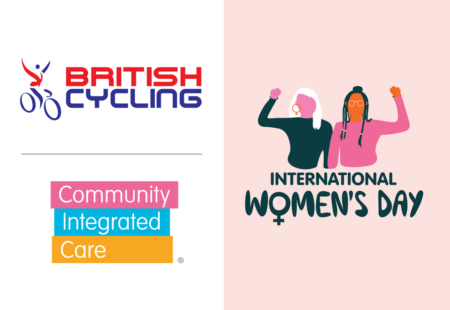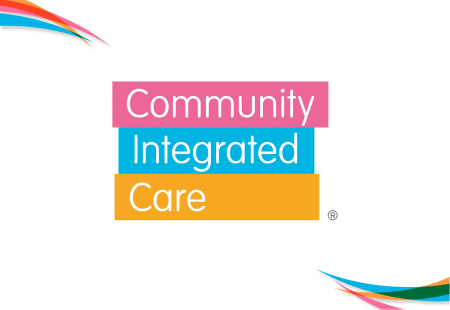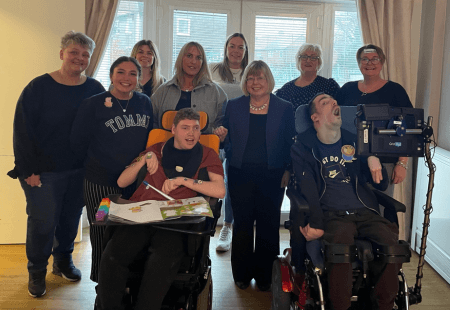
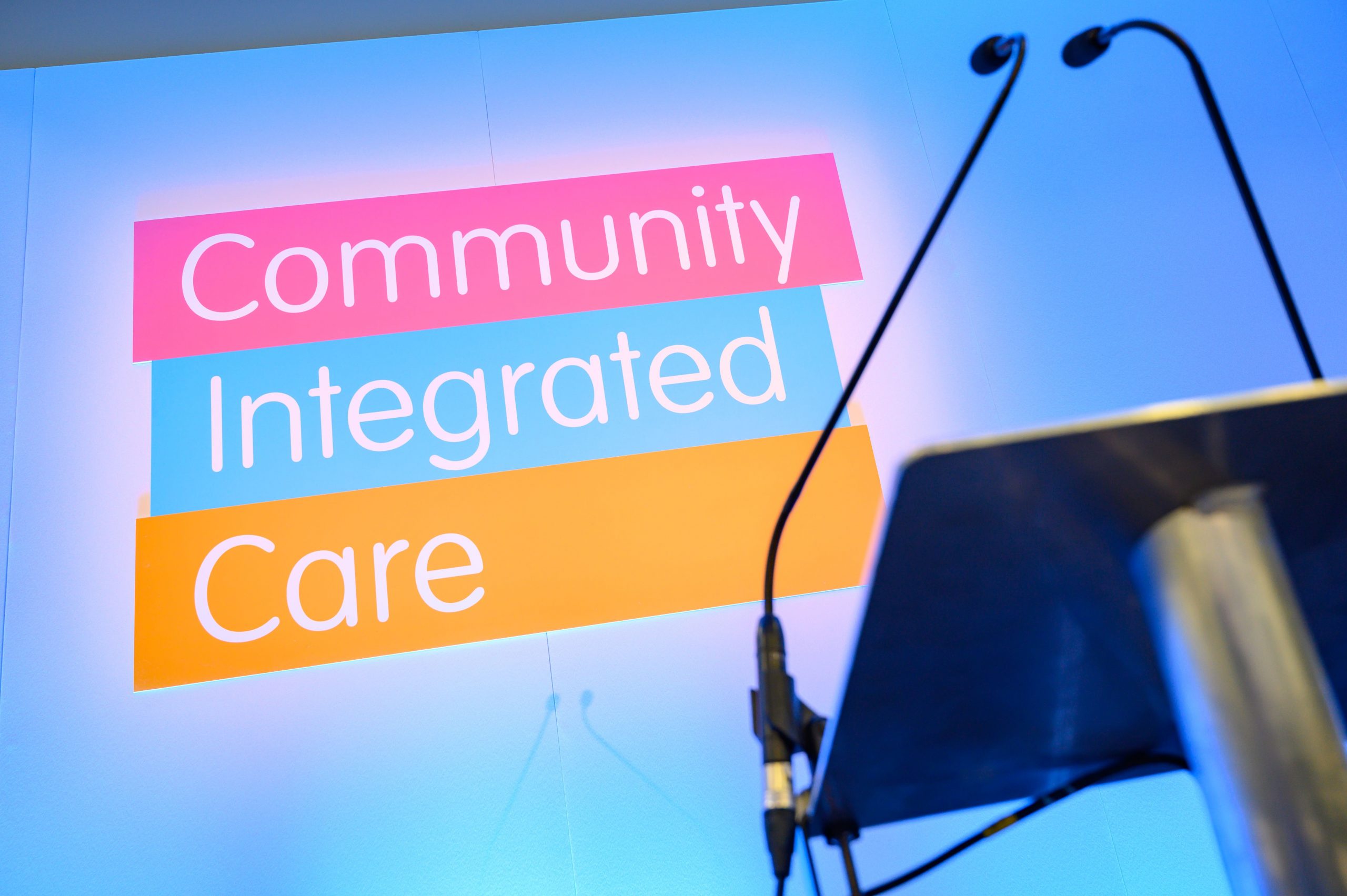
News
25/05/2016
Community Integrated Care supports Crisis Care Manifesto
Community Integrated Care and its sector peers have signed a letter to the Government, which has been published in The Guardian, asking it to ensure sufficient funding for learning disability services. This comes as part of the ‘Crisis Care Manifesto’ which calls on the Government to improve funding for services, which has been backed by our charity and a coalition of major care providers who collectively deliver more than 20% of the sector.
The Letter:
 “The measure of a society is how it treats its most vulnerable members. Last week the Queen’s speech committed the government to tackle “poverty” and “deprivation” and to “increase life chances for the most disadvantaged”. Yet it contained no mention of one of the most vulnerable and disadvantaged groups in our society: adults with learning disabilities. They and their families rely on the support of care services and charities – it is their lifeline. The right, high-quality support makes the difference between someone fulfilling their potential, as independently as they can, at the heart of the community or simply existing. While wages are rising, care providers have faced huge cuts in local government funding, amounting to 40% since 2010. The fat has been cut. Any further cost reductions go into muscle. We are already seeing care packages being withdrawn, services shut and lives closed down.
“The measure of a society is how it treats its most vulnerable members. Last week the Queen’s speech committed the government to tackle “poverty” and “deprivation” and to “increase life chances for the most disadvantaged”. Yet it contained no mention of one of the most vulnerable and disadvantaged groups in our society: adults with learning disabilities. They and their families rely on the support of care services and charities – it is their lifeline. The right, high-quality support makes the difference between someone fulfilling their potential, as independently as they can, at the heart of the community or simply existing. While wages are rising, care providers have faced huge cuts in local government funding, amounting to 40% since 2010. The fat has been cut. Any further cost reductions go into muscle. We are already seeing care packages being withdrawn, services shut and lives closed down.
We therefore ask the government to ensure sufficient extra money is put into social care, to close the large and growing funding gap; bring forward the £700m from the Better Care Fund to this year and amend the policy so councils can use the money to support individuals with learning disabilities; give councils the freedom to raise the social care precept above 2%; and ensure supported housing remains exempt from the housing benefit cap. Without these crucial changes, quality providers will cease to operate in this sector, and commissioners will be left with limited choices to ensure that some the UK’s most vulnerable people continue to receive the support they need.”
The Manifesto calls on the Government to give councils the freedom to raise more funds for learning disability services without having to hold a referendum, as well as increasing funding from central Government by allowing learning disability providers access to the Better Care Fund.
The Rt Hon Norman Lamb MP, former Minister of State for Community and Social Care and Liberal Democrat Spokesperson for Health, said:
“In other parts of the world, being born with a learning disability puts one at risk of being rejected from society, institutionalised and cruelly abused. In Britain, millions of dedicated carers and professionals have worked hard to ensure that people with care needs are able to live at the heart of their community and lead a full life, as independently as possible.
“The Government is burying its head in the sand over a growing crisis in our communities, where our most vulnerable citizens risk losing vital care and support. We must not let the clocks to turn back to the days before personalised and high quality support became the norm. That’s why I welcome this manifesto by Learning Disability Voices as an important contribution to the debate on how we might secure a proper settlement from the Government, to ensure that the sector can continue to provide the quality care that people need and deserve.”
Neil Matthewman, Chief Executive of Community Integrated Care, says: “Community Integrated Care is proud to stand with our sector peers in backing this important campaign. The Learning Disabilities sector offers life changing support to thousands of vulnerable people, and employs a workforce of people with strong values and a commitment to making a difference to society. Funding cuts put at risk the steps that our nation has taken in delivering person-centred and innovative support, the people we support and our valued carers. We are calling on the government to ensure that learning disability services are appropriately funded, so that our sector can continue to deliver high-quality, person-centred and community-based support.”
